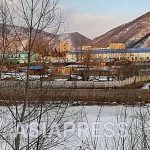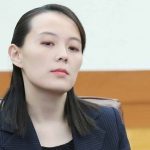
North Korea’s yuan exchange rate has surged by more than 40 percent this year. The government has been cracking down on the personal use of foreign currency, which has reduced the amount of foreign currency in circulation. In late April, a stern warning was issued by the Ministry of Social Security (equivalent to South Korea’s National Police Agency) that individuals and businesses using foreign currency would have their cash confiscated. (JEON Sung-jun / KANG Ji-won)
◆ National police agency warns that anyone caught with foreign currency will have it confiscated
According to an ASIAPRESS reporting partner living in the northern region of the country in late April, "instructions have been issued by the Ministry of Social Security for individuals to voluntarily sell off all the foreign currency they have.
"They have informed individuals and businesses that any transactions in foreign currency will be confiscated. Even in the marketplaces, Chinese money is traded secretly between people who know each other."
While such directives and controls have been issued before, it is rare to see a ban on the use of foreign currency - along with a threat to confiscate it - in the name of public order. This has led to unrest among some people, the reporting partner said.
"There have been so many crackdowns that some people have given up (foreign currency), while others are still holding on to it, saying they don't trust North Korean money."
◆ Why is the yuan exchange rate skyrocketing?
According to a survey by several reporting partners, the market exchange rate of one yuan in the last week of April was 1,800 won. This is a 42.86% increase from the first week of January this year, when it was 1,260 won. During the same period, the U.S. dollar rose only 6.5 percent (from 8,450 to 9,000 won to the dollar) despite it gaining in strength globally.
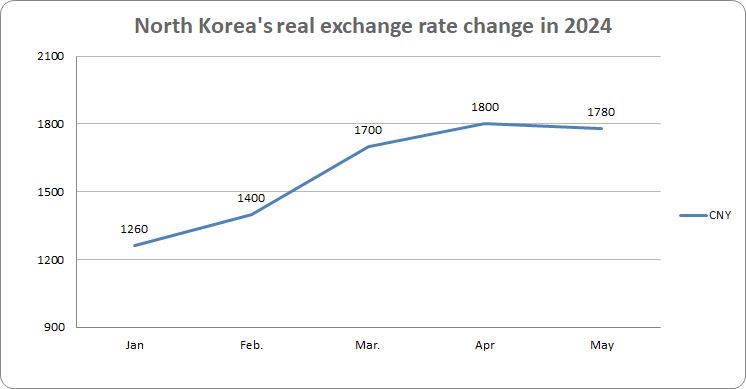
As for the reason for the yuan's rise, the reporting partner explained that:
"They say that even if we want to trade with China, we can't export things like minerals and fisheries (due to UN Security Council sanctions). And have to pay cash (in foreign currency) for all imports, so the trading companies buy a lot of foreign currency to meet the demand. That’s why the exchange rate is whatever sellers want it to be.”
China accounted for 96.7 percent of North Korea's total trade in 2021, the highest level since Kim Jong Un's regime took power, according to Statistics Korea's North Korea Foreign Trade Trends report. With trade with China beginning to resume fitfully, the surge in the exchange rate is likely due to trading companies rushing to secure Chinese yuan.
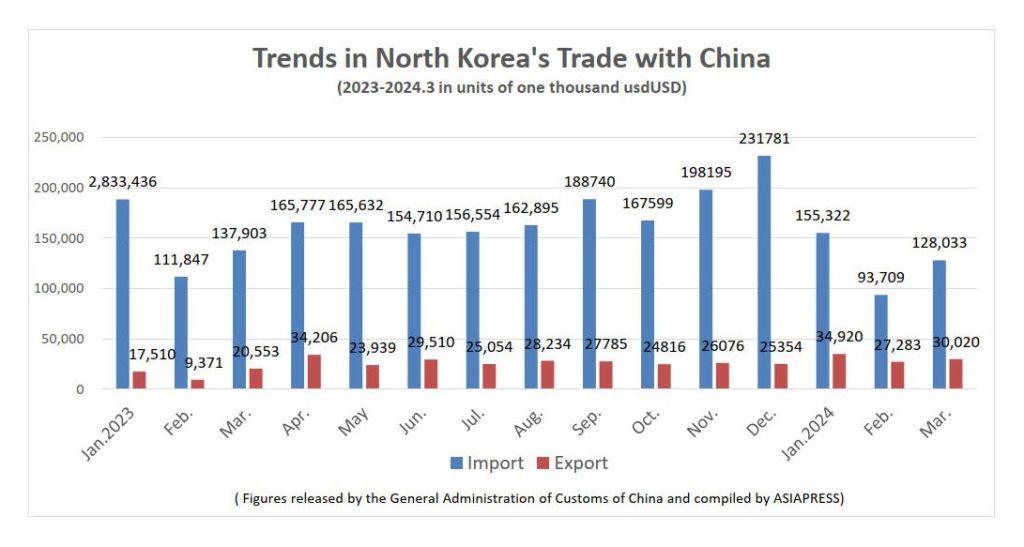
The U.S. dollar, meanwhile, has been largely unbalanced, gaining only 6.5%, as mentioned above, for reasons that remain unclear.
Since May 2017, ASIAPRESS has been investigating and publishing key price and exchange rate information in North Korea on a weekly basis through its reporting partners inside North Korea.
※ ASIAPRESS communicates with its reporting partners through Chinese cell phones smuggled into North Korea.
- <Inside N. Korea>Blindsided by information blockade...Unprecedented surveillance as defectors' families considered chief drivers of flow of outside information
- <Inside N. Korea> Recruitment for the world's longest military service (2) Bribery in the military selection process... an unbridgeable gap between rich and poor before military life even begins
- <Inside N. Korea> 'National Unified Price System' implemented on domestic products...Stores are given booklet showing prices in new system… Government aims to tighten control over economy
- <Investigation>Why aren’t North Korea’s women having babies anymore? (1) The fertility rate is already severely low…It’s rare to see anyone carrying babies around
- <Inside N. Korea> Implementation of the large-scale restructuring of trading companies (1) Called “anti-socialist hotbeds,” government forces ‘bases’ of trading companies to close down and consolidate

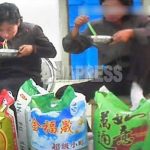
![<PHOTO REPORT>Sino - N.Korea Border [PART2]China Frustrated With Drug Smuggling From N.Korea](https://www.asiapress.org/rimjin-gang/wp-content/uploads/2018/07/20140610_r_asiapressNK08X45-1-150x150.jpg)

